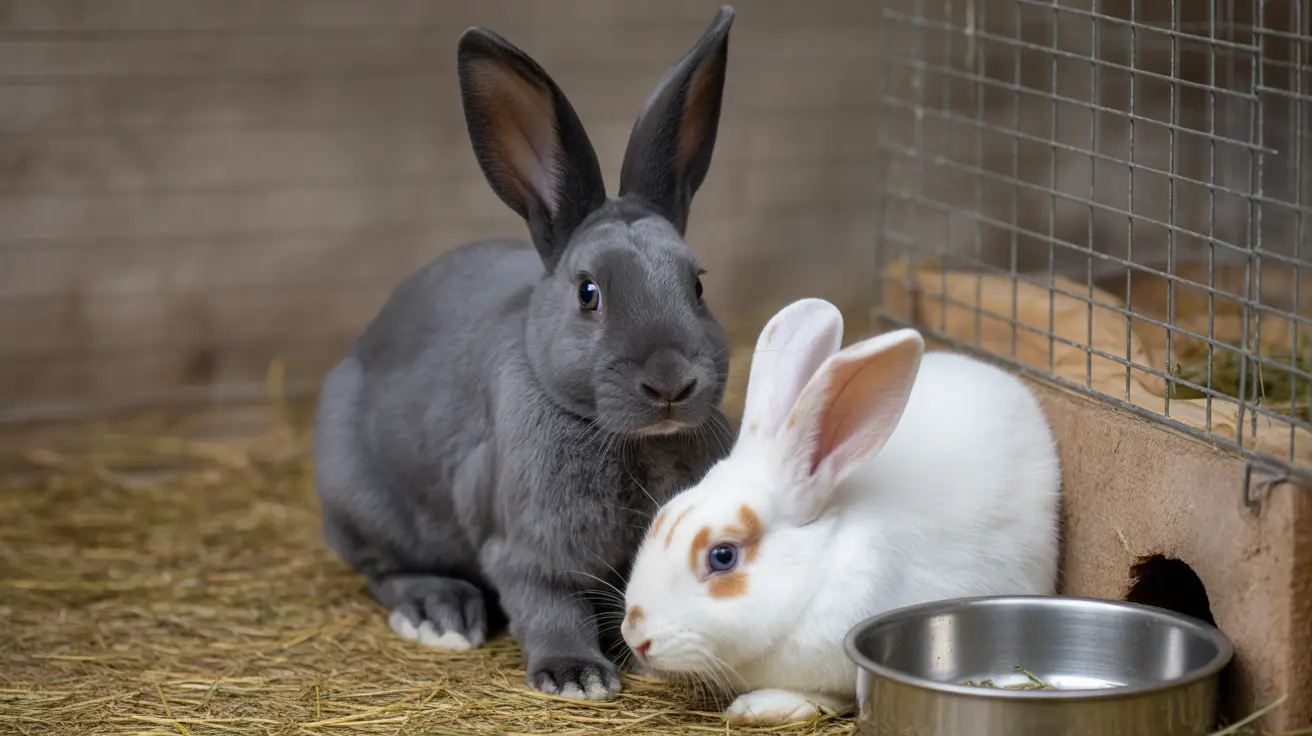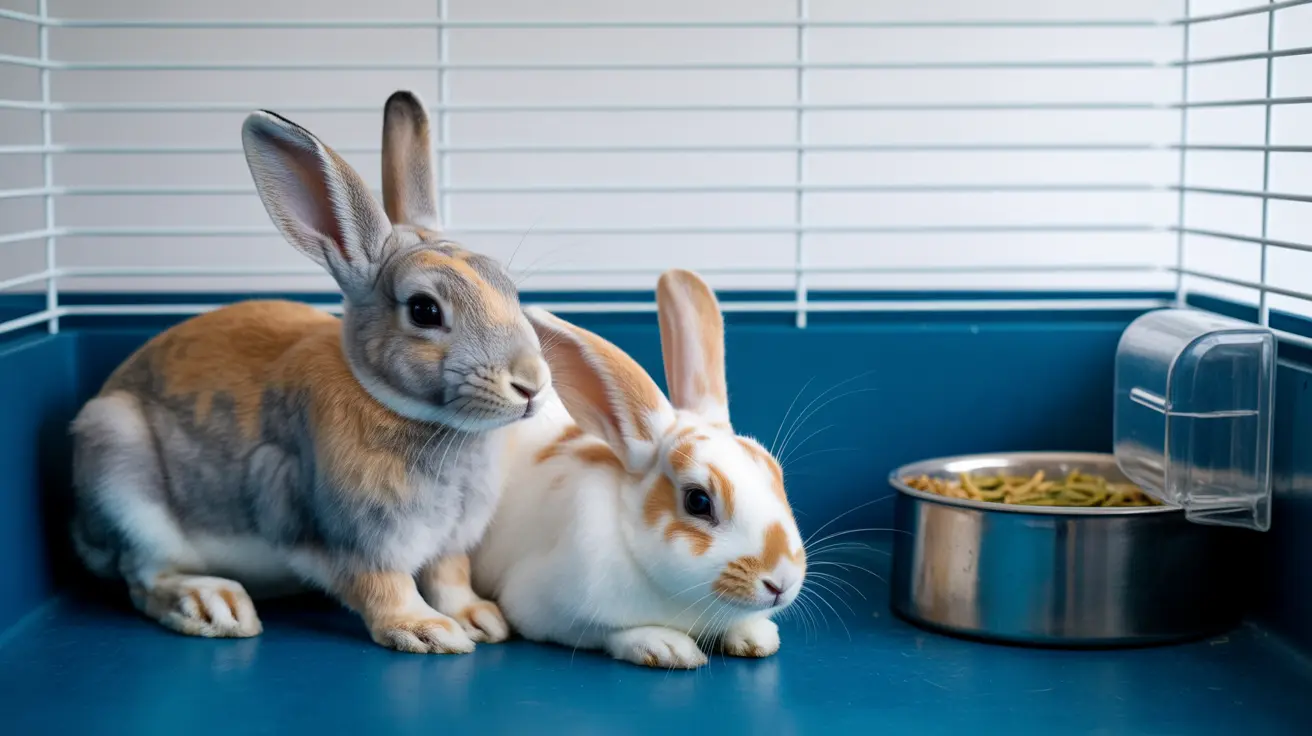Are Salukis Good Family Dogs? A Complete Guide for Pet Owners
The Saluki, also known as the "Royal Dog of Egypt," is among the oldest and most elegant dog breeds. Revered for thousands of years, this ancient sighthound boasts an exceptional blend of speed, endurance, and quiet dignity. But is this regal hound the right fit for your family? In this article, we’ll explore the temperament, care requirements, and family compatibility of the Saluki.
Temperament and Personality
Salukis are known for their gentle and calm demeanor. They bond deeply with their families, forming loyal and affectionate relationships, though they may not be overly demonstrative. These dogs are typically aloof with strangers and dislike rough handling or excessive noise.
Key traits of the Saluki include:
- Loyalty and affection to family members
- Aloofness towards unfamiliar people and animals
- Independence and keen intelligence
- Sensitivity to changes in routine or environment
Salukis are best suited for patient and experienced dog owners who understand their complex personalities and respect their independent nature.
Compatibility with Families
Salukis can be wonderful family companions, but they are not the ideal breed for every household. They thrive in calm, stable environments and may not tolerate overly boisterous children or chaotic households. Their reserved nature makes them better suited to homes with older, respectful children who won’t engage in rough play.
A few helpful pointers for families considering a Saluki:
- Teach children to respect boundaries and avoid intrusive behavior
- Provide a quiet home environment for their comfort and safety
- Supervise interactions with smaller pets due to the Saluki’s prey drive
Exercise and Mental Stimulation
As an athletic breed, the Saluki requires significant daily exercise. Their historical use as hunting dogs in the Middle East explains their incredible speed and stamina. To remain healthy and happy, Salukis need:
- 1–2 hours of vigorous activity daily: This can include high-speed sprints in secure areas or long walks.
- Mental enrichment: Use puzzle toys, obedience training, or lure coursing to challenge their minds.
- Secure, fenced spaces: Salukis should not be allowed off-leash in open areas due to their strong prey instinct.
Without sufficient exercise, Salukis may develop destructive or anxious behaviors, making proper stimulation essential for peaceful coexistence.
Training Considerations
Salukis are intelligent but highly independent. They respond best to gentle, reward-based training. Owners must have patience and adaptability, as traditional or harsh training methods are ineffective with this sensitive breed.
Successful training strategies include:
- Early socialization with people, children, and other animals
- Short, engaging sessions to prevent boredom
- Positive reinforcement like treats, praise, and play
Even with consistent training, some Salukis may ignore recall commands when they spot potential prey, so caution is advised in open environments.
Grooming and General Care
Salukis are generally low-maintenance when it comes to grooming. Whether feathered or smooth-coated, their fur is silky and low-shedding.
Basic grooming needs include:
- Brushing once or twice per week to remove dead hair and prevent tangles, especially in feathered varieties
- Bathing only when dirty
- Routine nail trimming, dental care, and ear cleaning
Health and Lifespan
Salukis are typically healthy and long-lived dogs, averaging 10–15 years. Some noteworthy health concerns include:
- Minor prevalence of heart problems and hypothyroidism
- Occasional eye disorders and rare joint issues
- Saluki neuronal ceroid lipofuscinosis, a rare inherited disease
- Bloat risk due to deep chests—monitor food intake and avoid vigorous activity post-meals
Regular veterinary checkups and screening for hereditary issues can help prolong your Saluki’s life and ensure early treatment of any emerging problems.
Living Conditions and Environment
Though elegant and quiet indoors, Salukis need space to run freely. While they can adapt to urban life, apartment dwellers must ensure their Salukis receive enough outdoor time. A home with a large, securely fenced yard is ideal.
Key environmental considerations:
- Salukis do not do well when left alone for long periods. They may show signs of separation anxiety.
- They prefer routine and can become distressed by sudden changes.
- Secure fencing is essential—they are capable of jumping five to six feet.
Is a Saluki Right for Your Family?
If your family enjoys a quiet, structured lifestyle and can commit to meeting a Saluki’s physical and emotional needs, this breed may be an excellent fit. Their loyalty, elegance, and grace make them rewarding companions in the right setting.
However, they are not ideal for first-time dog owners or families with rambunctious young children. With the proper environment, training, and understanding, Salukis offer a unique balance of calm companionship and athletic vibrancy.
Before deciding, consider adopting through breed-specific rescues or speaking with seasoned Saluki owners or breeders to fully understand whether this breed aligns with your family's lifestyle.





